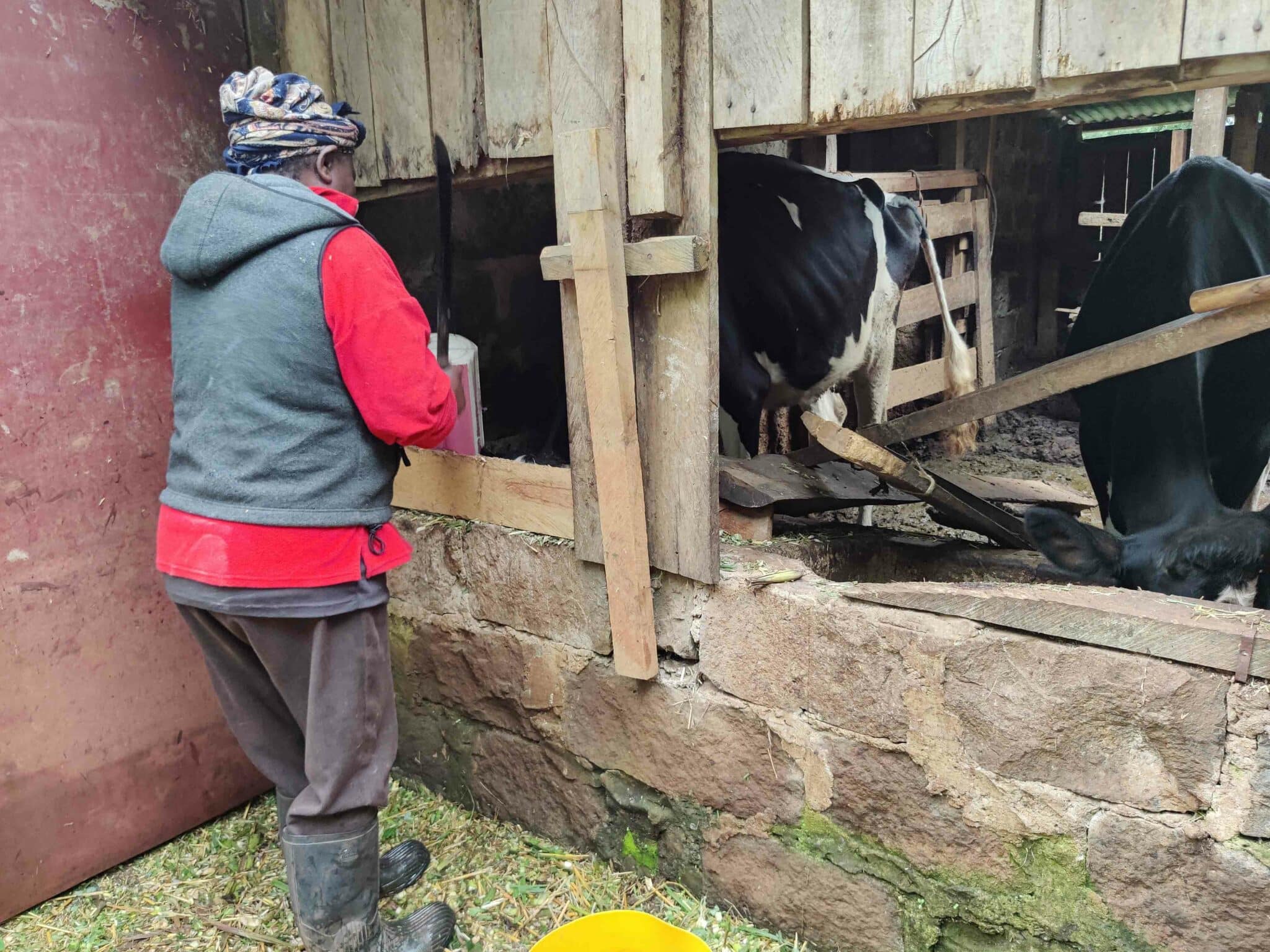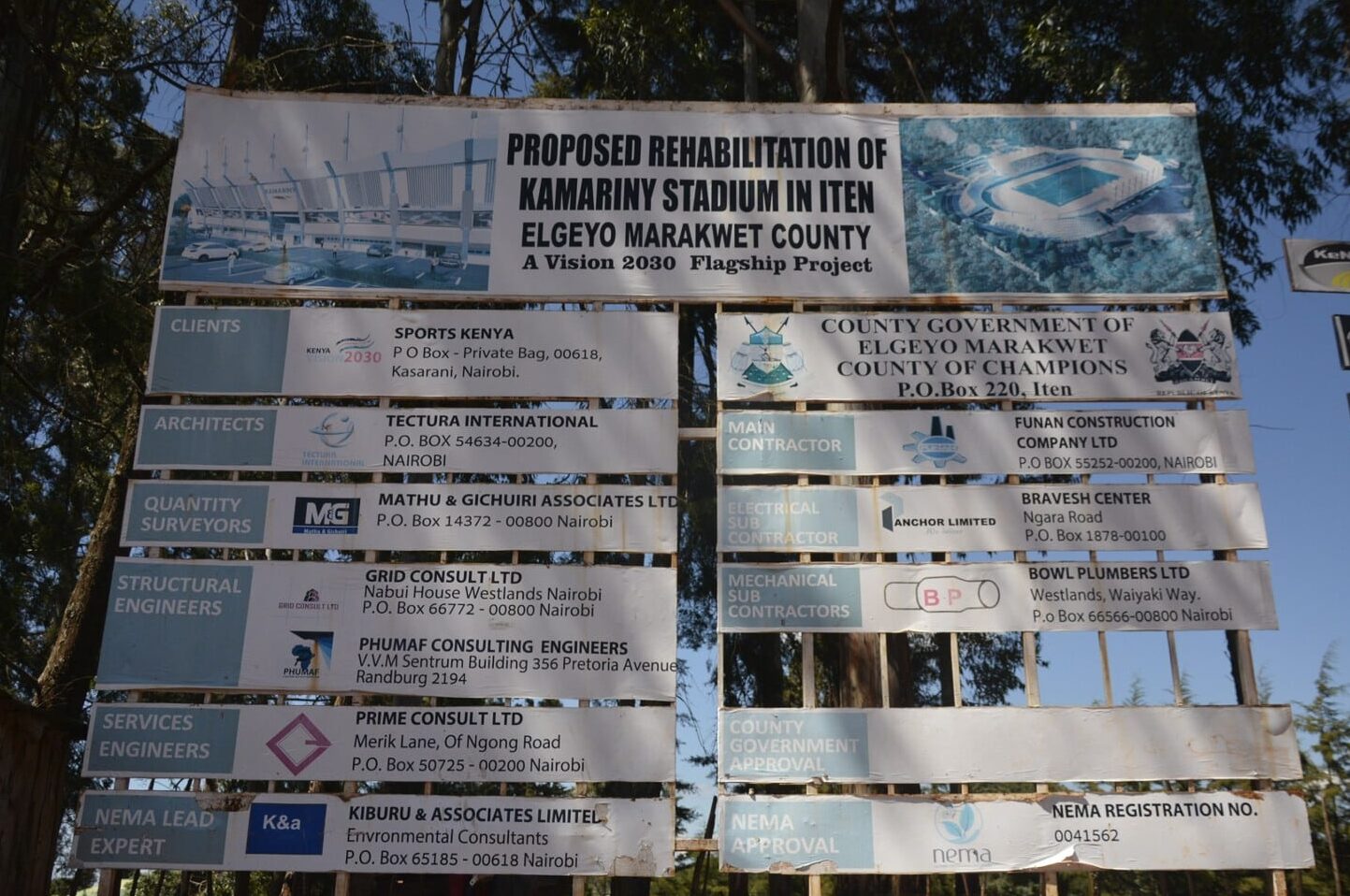By Martin-Paul Jr. Tabe-Ojong, Thomas Heckelei, Kathy Baylis of CRC-TRR Future Rural Africa Project B01 “Invasive Futures” and Sebastian Rasch (University of Bonn).
Abstract
Although it is increasingly recognized that aspirations drive economic behavior and outcomes, it is not fully understood how aspirations are formed (or eroded). However, it has been theoretically established that aspirations are socially constructed and formed under an aspiration window. An aspiration window refers to a cognitive zone of similar individuals based on age, gender, caste, geography, religion, ethnicity, and other social (self-help) groups. In these groups, individuals learn from each other through interaction and experimentation. We examine the relationship between group membership and aspirations. As a proxy for group membership, we use agricultural cooperatives that abound in many developing countries and have been associated with productivity and welfare gains. Given that farmers interact and are exposed to role models in these cooperatives, we also investigate the relationship between exposure to role models and aspirations. We show a positive association between cooperative membership and aspirations as well as between exposure to role models and aspirations. Interacting cooperative membership with exposure to role models, we find a larger association between cooperative membership and aspirations, highlighting the relevance of exposure to role models in these cooperatives. Given the growing evidence regarding the relevance of aspirations in achieving various developmental outcomes, our study highlights some entry points in improving aspirations.
Reference
Tabe-Ojong, M. P., Heckelei, T., Baylis, K., Rasch, S. 2023. Cooperative membership and exposure to role models: Implications for income and asset aspirations, Journal of Behavioral and Experimental Economics, Volume 107, 2023, DOI






